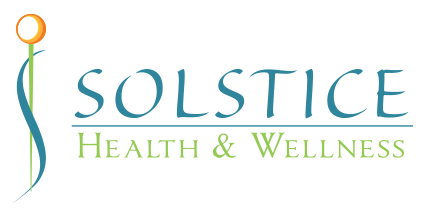Anxiety Disorders and Addictive Behaviors:
Understanding the Relationship
Anxiety Disorders and Addictive Behaviors
Anxiety disorders and addictive behaviors often go hand in hand, creating a dangerous cycle that can be hard to break. Individuals who suffer from anxiety disorders may turn to addictive substances as a way of coping with overwhelming feelings of stress and anxiety. However, this self-medication leads to a deeper problem, one that combines mental health challenges with substance abuse issues.
How Anxiety Contributes to Addictive Behaviors
One of the most significant reasons anxiety leads to addiction is the desire for immediate relief from uncomfortable emotions. People with anxiety disorders, such as generalized anxiety disorder, panic disorder, or social anxiety disorder, may use alcohol, drugs, or other addictive behaviors to temporarily soothe their symptoms. Unfortunately, while these substances may provide short-term relief, they often lead to long-term dependency and worsen anxiety.
Substance abuse and anxiety fuel each other in a vicious cycle. As individuals become reliant on substances to cope with anxiety, they often find their mental health deteriorating further, leading to increased substance use. This cycle not only exacerbates anxiety disorders but also creates additional challenges in overcoming addiction.
Co-occurring Disorders: Anxiety and Addiction
When anxiety disorders and addictive behaviors occur together, they are known as co-occurring disorders or dual diagnosis. This is a common issue in mental health, and studies show that nearly half of people with substance abuse problems also suffer from mental health disorders like anxiety. Addressing both issues simultaneously is crucial for long-term recovery and mental wellness.
The relationship between anxiety and addiction is complex. Each condition can trigger or worsen the other, creating a situation where both need to be treated together for successful outcomes. Ignoring one disorder while focusing on the other can result in incomplete treatment and higher chances of relapse.
Treatment Options for Anxiety and Addiction
Managing anxiety and addiction requires a comprehensive approach that targets both the mental health disorder and the substance use problem. Treatment options often include a combination of the following:
- Cognitive Behavioral Therapy (CBT): CBT is an effective treatment for both anxiety disorders and addictive behaviors. It helps individuals recognize and change negative thought patterns that contribute to anxiety and addiction.
- Medication: Certain medications can help manage anxiety and reduce cravings for addictive substances. However, these must be prescribed and monitored carefully to avoid dependence.
- Support Groups: Joining support groups such as Alcoholics Anonymous (AA) or Narcotics Anonymous (NA) can provide individuals with a network of peers who understand their struggles and offer support in their recovery journey.
- Mindfulness and Relaxation Techniques: Practices like mindfulness, yoga, and meditation help reduce stress and anxiety, making it easier for individuals to manage their mental health without turning to substances.
Coping with Anxiety without Addictive Substances
Learning to cope with anxiety without resorting to addictive behaviors is a critical part of recovery. Strategies like practicing deep breathing, exercising regularly, and maintaining a balanced lifestyle can significantly reduce anxiety symptoms. Additionally, building a strong support network of friends, family, or professionals helps in staying accountable and focused on recovery.
The Importance of Addressing Both Conditions Simultaneously
Successfully managing anxiety disorders and addictive behaviors requires addressing both issues simultaneously. If only one condition is treated, the untreated issue will likely cause a relapse or worsening of symptoms. Integrated treatment plans that combine mental health support with addiction recovery strategies offer the best chance of long-term success.
Breaking the Cycle of Anxiety Disorders and Addictive Behaviors
The link between anxiety disorders and addictive behaviors is undeniable. By understanding how these conditions interact and pursuing treatment options that address both simultaneously, individuals can break the cycle and achieve lasting recovery. Seeking help from professionals who specialize in co-occurring disorders is the first step toward healing and regaining control over both mental health and addiction.
Struggling with Anxiety?
Solstice Health & Wellness is here to support you on your journey to better health.
Contact us today to schedule an appointment or learn more about our mental health services.
*Please do not submit any Protected Health Information (PHI).


